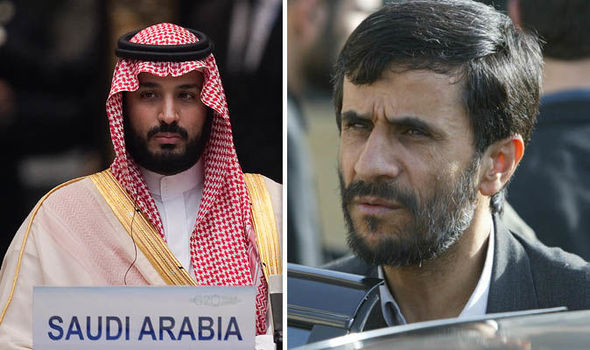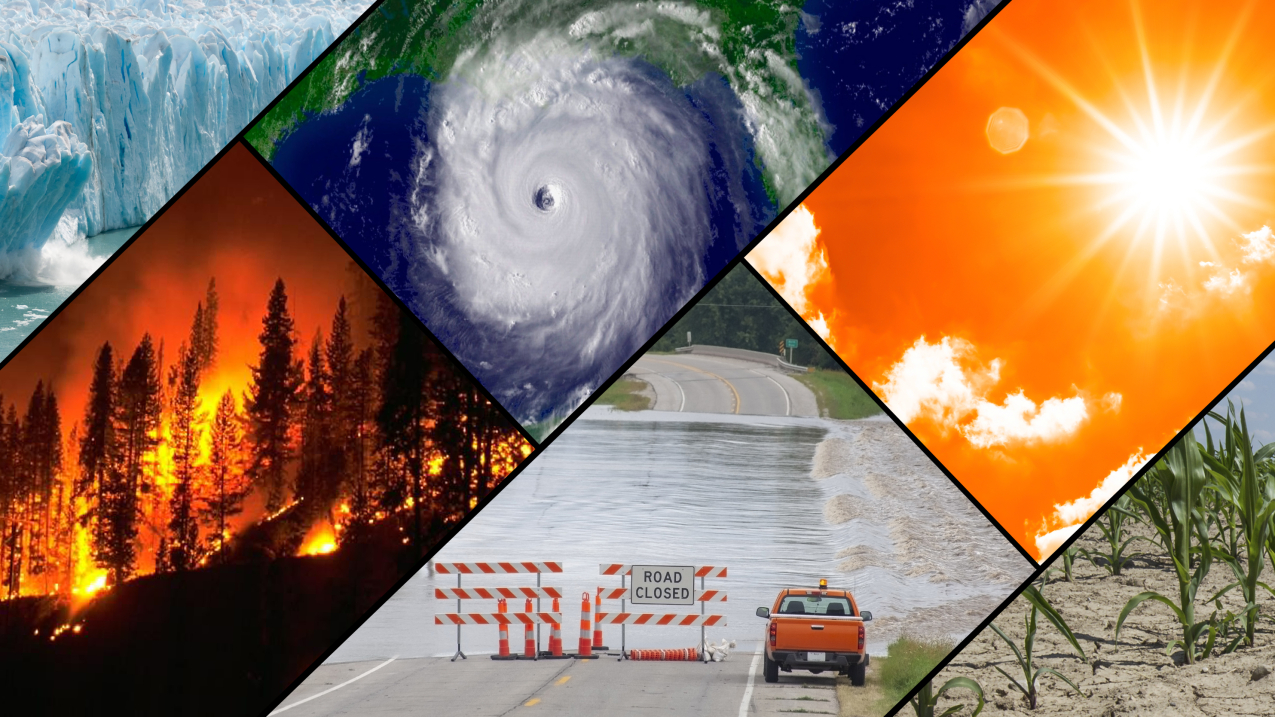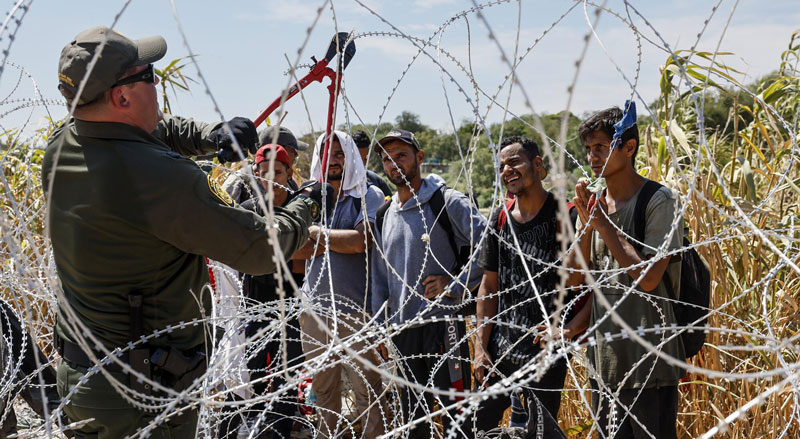The relationship between Iran and Saudi Arabia has been marked by tensions for decades. However, in recent times, the rivalry between the two nations has escalated, leading to increased concerns about the stability of the Middle East. In this article, we will explore the root causes of the tensions between Iran and Saudi Arabia, the events that have contributed to the current situation, and the potential implications of the conflict.
Background
The tensions between Iran and Saudi Arabia can be traced back to the 1979 Iranian Revolution, which saw the overthrow of the Shah and the establishment of an Islamic Republic. The new regime in Iran challenged the conservative Sunni-led Saudi Arabia's position as the dominant power in the region. The situation was further exacerbated by Iran's support for Shia groups in the Arab world, including Lebanon's Hezbollah and Iraq's Shia militias. Saudi Arabia has long viewed Iran's actions as a threat to its security and stability.
Recent Events
In recent years, the rivalry between Iran and Saudi Arabia has intensified, with a series of events contributing to the current situation. In 2016, Iran and Saudi Arabia cut diplomatic ties following an attack on the Saudi embassy in Tehran by Iranian protesters. The following year, Saudi Arabia accused Iran of supplying missiles to Houthi rebels in Yemen, leading to a blockade of Yemen by Saudi Arabia and its allies. This move has resulted in a humanitarian crisis in Yemen, with millions of people in need of aid.
In 2019, tensions reached a new level after attacks on Saudi oil facilities, which were blamed on Iran. The United States and Saudi Arabia have accused Iran of sponsoring attacks on oil tankers in the Persian Gulf. Iran has denied involvement in these incidents, but the tensions continue to escalate.
Implications
The ongoing tensions between Iran and Saudi Arabia have significant implications for the Middle East and the wider world. The conflict has the potential to destabilize the region and disrupt global oil supplies. The involvement of other regional and global powers, such as the United States, Russia, and China, could further complicate the situation and increase the risk of escalation.
The conflict also has humanitarian consequences, particularly for the people of Yemen. The ongoing blockade and conflict have left millions of Yemenis in need of aid, with limited access to food, water, and medical supplies. The international community has been unable to find a diplomatic solution to the conflict, and the situation remains dire for many Yemenis.
Conclusion
The tensions between Iran and Saudi Arabia have deep historical roots, but the current situation has been exacerbated by a series of recent events. The conflict has significant implications for the Middle East and the wider world, and the involvement of regional and global powers only serves to increase the risk of escalation. The humanitarian consequences of the conflict, particularly for the people of Yemen, are also of great concern. It is crucial that the international community works towards finding a diplomatic solution to the conflict to prevent further escalation and alleviate the suffering of those affected by the conflict.
Free Speech and Alternative Media are under attack by the Deep State. Chris Wick News needs your support to survive.
Please Contribute via GoGetFunding



